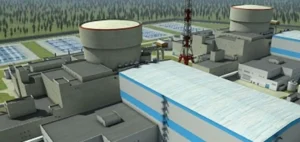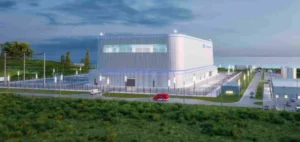TerraPower ‘s Natrium reactor incorporates sodium-cooled fast reactor technology and a molten-salt-based energy storage system, capable of boosting output from 345 MWe to 500 MWe for more than five and a half hours as needed. Located in Kemmerer, Wyoming, near a coal-fired power plant currently being shut down, this project aims to demonstrate the commercial viability of new approaches to nuclear power.
Partnerships and development
TerraPower is working closely with the Nuclear Regulatory Commission (NRC) through pre-application meetings, and is confident in its regulatory approach. The design of the project means that non-nuclear construction can start as early as this summer, while the nuclear part will follow NRC approval.
Commitments and advances
Chris Levesque, President and CEO of TerraPower, emphasizes the importance of this step towards commercialization of the Natrium reactor and its innovative integration into the energy grid. The company is committed to working with local stakeholders, elected officials and regulatory partners to complete the non-nuclear construction and move forward with the approval process.
Support for the development of the Natrium reactor
To strengthen the nuclear supply chain in North America, TerraPower announced in February a series of contracts with key suppliers for essential components of the Natrium reactor. These contracts cover design, manufacturing, testing and qualification services for equipment such as the seismic isolation system, sodium-salt heat exchanger and sodium pumps.
The NRC is also involved in the review of advanced non-water-moderated reactor projects, including construction license applications for Kairos Power LLC’s Hermes and Hermes 2 advanced test reactors, as well as an application for a molten salt research reactor by Abilene Christian University. Although these projects are not intended to be commercial power plants, the Hermes 2 reactors are designed to generate electricity.





















